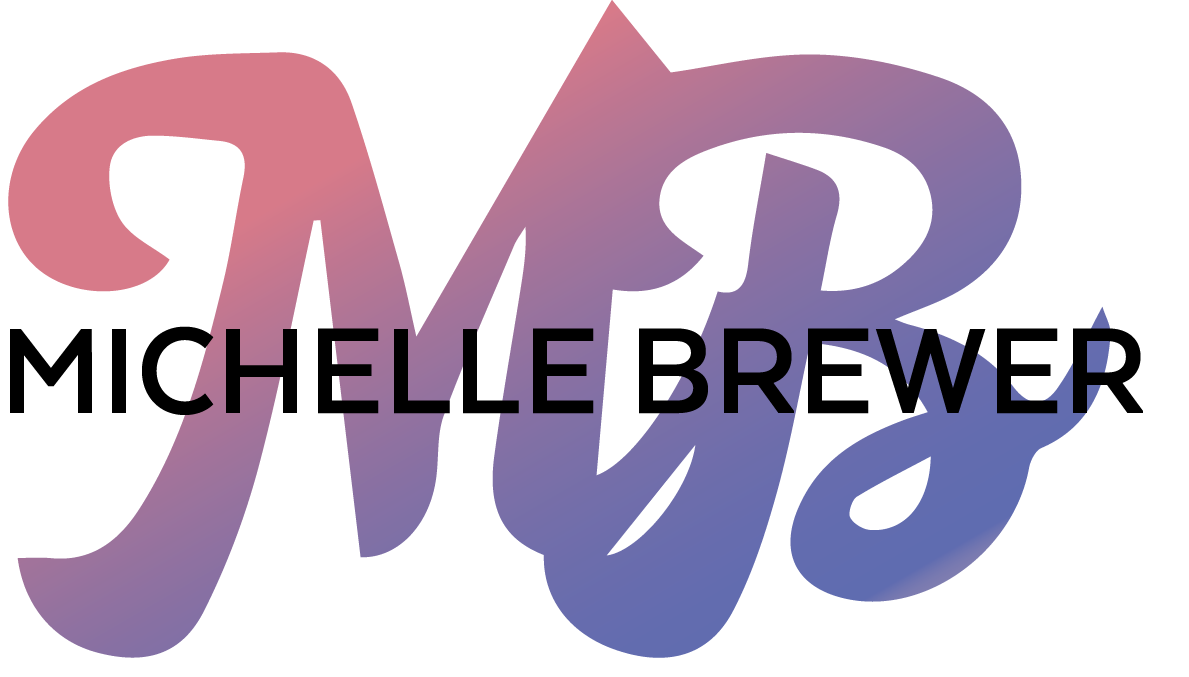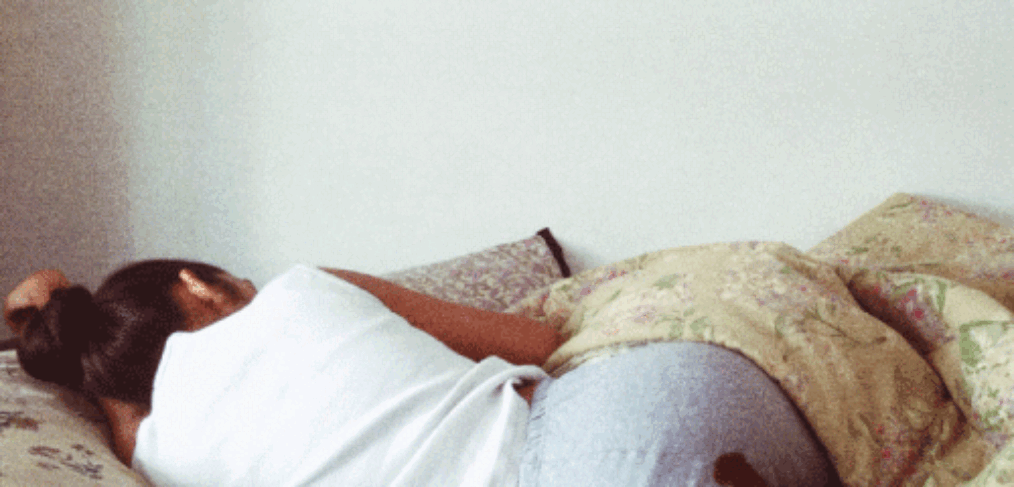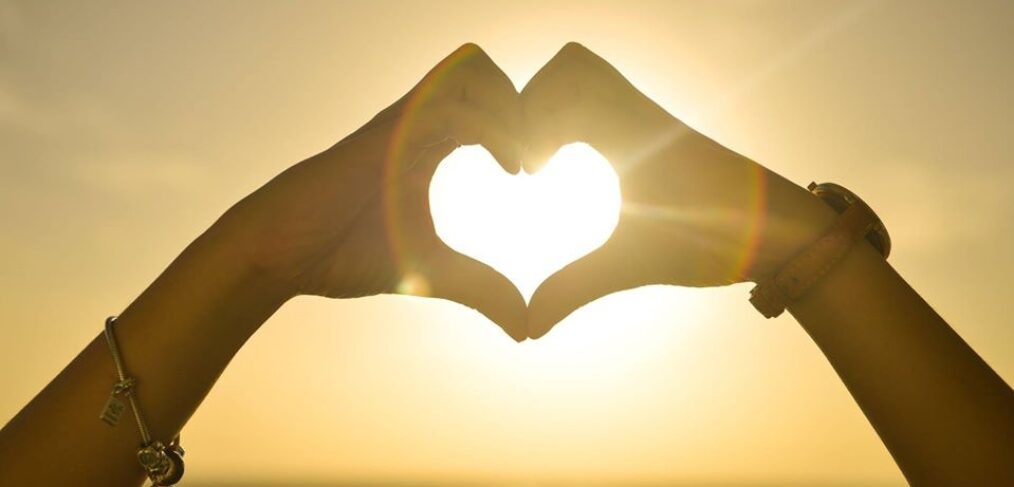It happened yet again. A lovely, bright, charismatic young woman came to see me the other day for counselling about her relationship to food and her body. For someone’s first session I always get her story, of course. This woman started off by recounting that her issues with her weight began at age 12. I made a note of this as a point I wanted to return to. Engrossed, she carried on. When her narrative reached its natural conclusion, I began my active engagement. My first question: “I’m curious. How old were you when you got your first period?” “Twelve,” she answered. I was not surprised.
I was 13 when I got my period. It was January of Grade 8. I had started Grade 8 at 98 pounds. By the time I Grade 8 had ended, I was 136 pounds. Quite a change. Wait, wait! I know what you are thinking. With puberty, you gain weight. That is absolutely true. Curves, padding, breasts. All good for pregnancy. But for me it was something more than that. For most of the women who come to see me it is something more than that too. And we hate ourselves for it. Which begs the question: What is so wrong with a woman’s body?


